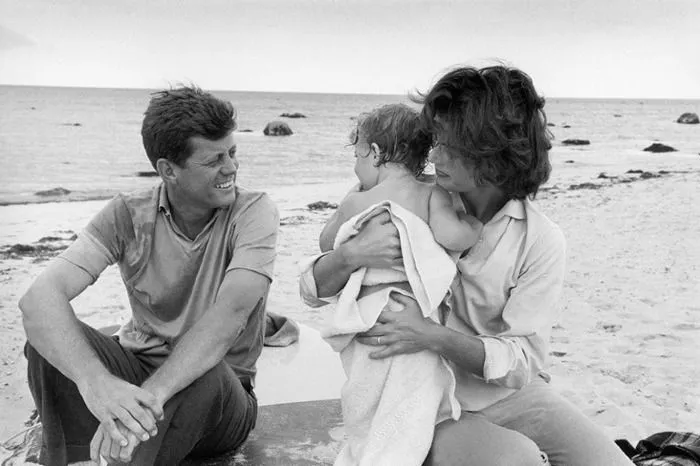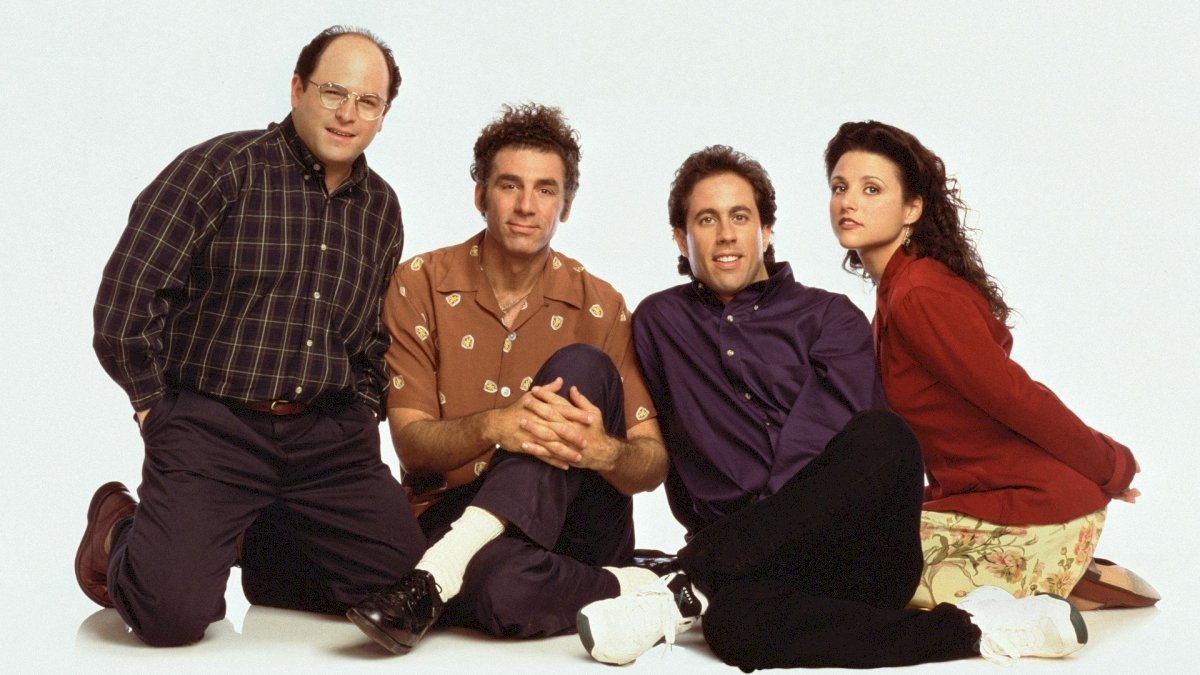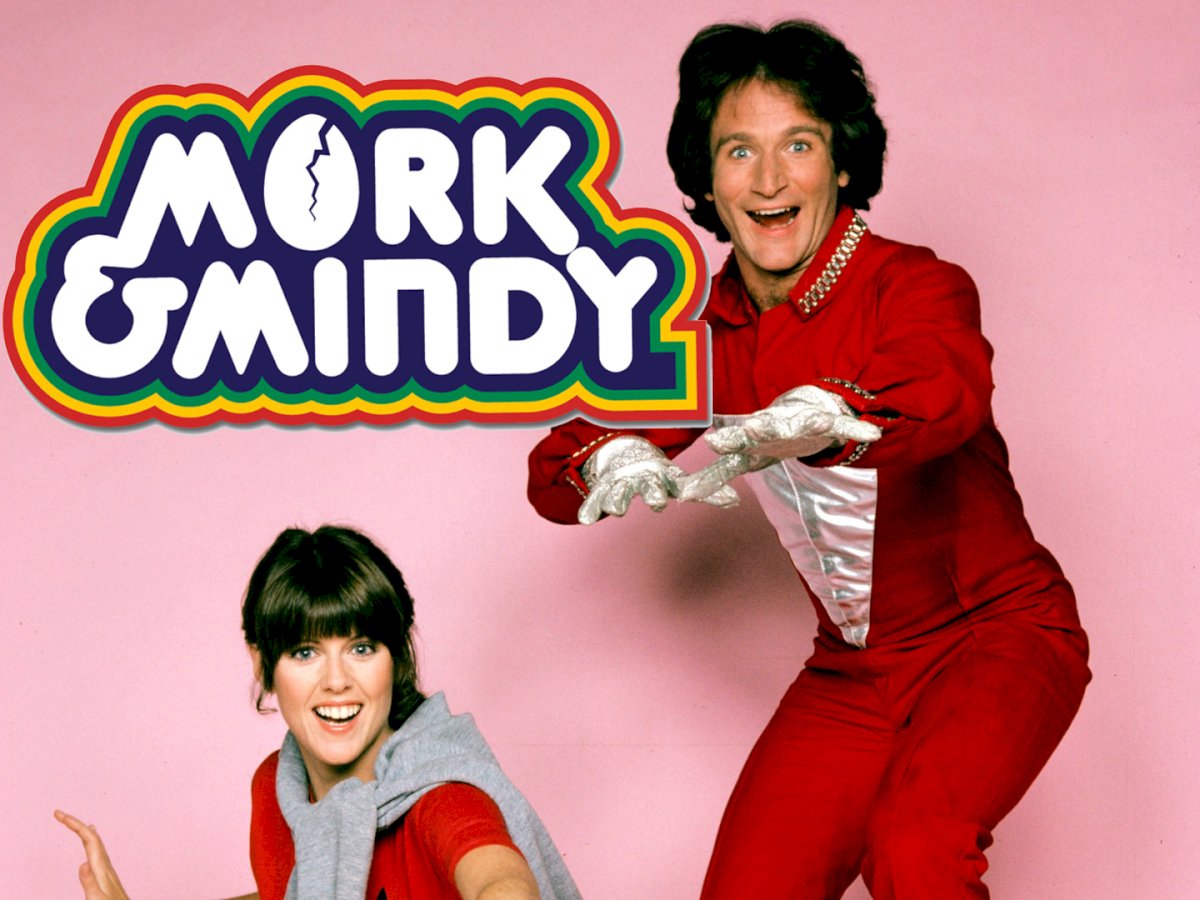The Lucy-Desi Comedy Hour, which aired from 1957 to 1960, stands as a testament to the enduring charm and comedic genius of its iconic stars, Lucille Ball and Desi Arnaz. Building upon the success of their previous show, I Love Lucy, this hour-long television series became a cornerstone of American television history, solidifying the legacy of one of Hollywood's most beloved couples. In this comprehensive exploration, we will delve into the history, impact, and enduring popularity of The Lucy-Desi Comedy Hour.
(Watch the video below)

The Beginnings of a Phenomenon

Before we delve into the specifics of The Lucy-Desi Comedy Hour, it's essential to understand its roots. The show was a direct continuation of I Love Lucy, which had run from 1951 to 1957. I Love Lucy was groundbreaking in many ways; it was not only a pioneering example of the sitcom genre but also a platform for the emerging art of television syndication, something that had not been explored to its full potential before. Lucille Ball and Desi Arnaz, who played Lucy and Ricky Ricardo, were not only the stars but also the executive producers of the show, marking an unprecedented level of creative control in the industry for that time.
The enormous success of I Love Lucy left audiences wanting more, and so, The Lucy-Desi Comedy Hour was born. It was a testament to the drawing power of the show that Ball and Arnaz were able to negotiate a more favorable contract with CBS for their new series, both creatively and financially. The show was groundbreaking in its own right, both in terms of its format and the impact it had on the television industry.
The Format

The Lucy-Desi Comedy Hour took a significant departure from its predecessor in terms of format. Unlike the 30-minute episodes of I Love Lucy, this series featured hour-long episodes, which was a relatively novel concept in the world of television sitcoms at the time. This longer runtime allowed for more elaborate storylines and often a change in setting. The show retained its classic comedic style but expanded on it, offering viewers a more extended and in-depth look into the lives of Lucy and Ricky Ricardo.
Episodic Variety
One of the standout features of The Lucy-Desi Comedy Hour was its episodic variety. Each episode was a self-contained story, often with a unique setting or scenario that showcased the incredible comedic talents of Ball and Arnaz. This variety in plot and setting allowed the show to remain fresh and engaging throughout its run. The episodes were diverse, ranging from suburban mishaps to globetrotting adventures, and even venturing into the realms of fantasy and science fiction. This episodic format was a significant departure from the continuous narrative of I Love Lucy, but it played a crucial role in the show's popularity.
The All-Star Cast
While the show undoubtedly revolved around the central dynamic of Lucy and Ricky Ricardo, The Lucy-Desi Comedy Hour featured a supporting cast of memorable characters. Vivian Vance and William Frawley reprised their roles as Ethel and Fred Mertz from I Love Lucy, providing familiar faces and a sense of continuity for fans of the original series. Their impeccable comic timing added depth to the show's humor.
Guest stars were a regular feature of The Lucy-Desi Comedy Hour, with many Hollywood celebrities making cameo appearances. Notable names like Tallulah Bankhead, Milton Berle, and Bob Hope, among others, brought their unique comedic talents to the show. The inclusion of these guest stars added to the allure of each episode and showcased the industry's respect for the work of Lucille Ball and Desi Arnaz.
The Heart of the Show: Lucy and Ricky
At the center of it all were Lucille Ball and Desi Arnaz. Their on-screen chemistry was electric, and their comedic timing was impeccable. The portrayal of the Ricardo marriage, though fraught with comedic misunderstandings and mishaps, was rooted in genuine love and affection. The audience could feel the depth of their connection, which added a layer of emotional depth to the humor. The Lucy-Desi Comedy Hour cemented the status of Lucy and Ricky Ricardo as one of the most iconic couples in television history.
The Show's Legacy
The Lucy-Desi Comedy Hour not only left a mark on television history but also played a significant role in shaping the entertainment industry as we know it today. Here are some key aspects of the show's lasting legacy:
The format of The Lucy-Desi Comedy Hour, with its episodic variety and comedic storytelling, had a profound influence on later sitcoms. Shows like The Carol Burnett Show and The Dick Van Dyke Show drew inspiration from its blend of humor and heart.
Lucille Ball's portrayal of Lucy Ricardo was groundbreaking in challenging traditional gender roles. She was a dynamic, independent character who often took the lead in comedic situations, challenging the stereotypes of the 1950s.
Lucille Ball and Desi Arnaz's partnership was not limited to the screen. Their production company, Desilu Productions, played a significant role in shaping the television industry, producing other successful shows like Star Trek. Their business acumen and creative collaboration set a precedent for the industry.
The success of I Love Lucy and The Lucy-Desi Comedy Hour was a testament to the power of syndication. The show's continued popularity in reruns further solidified its place in television history, with new generations of viewers discovering its charm.
The show introduced iconic catchphrases and moments into pop culture, such as Lucy's famous "Vitameatavegamin" commercial and her escapades at the chocolate factory. These timeless moments continue to be referenced and celebrated in various forms of media.
Conclusion

The Lucy-Desi Comedy Hour, which aired from 1957 to 1960, holds a special place in the annals of television history. It not only continued the legacy of the beloved characters Lucy and Ricky Ricardo but also expanded the possibilities of television comedy. Lucille Ball and Desi Arnaz's incredible chemistry, supported by a strong cast and a series of diverse and hilarious storylines, made the show a classic.
The show's influence is still felt in the world of television, and its impact on the entertainment industry cannot be overstated. The Lucy-Desi Comedy Hour served as a bridge between the pioneering spirit of early television and the evolving landscape of the 1960s, and its enduring popularity is a testament to the timelessness of good comedy. Lucy and Ricky Ricardo will forever remain in the hearts of fans, proving that humor, love, and laughter are universal and ageless.

In an ever-changing world, The Lucy-Desi Comedy Hour is a comforting reminder that some things, like a good laugh, will always endure.


